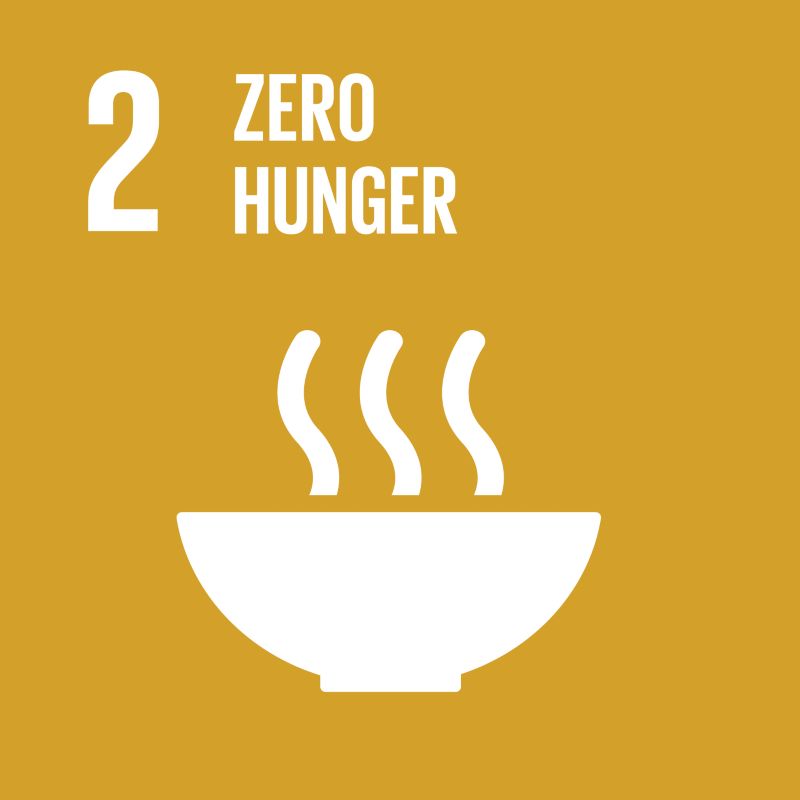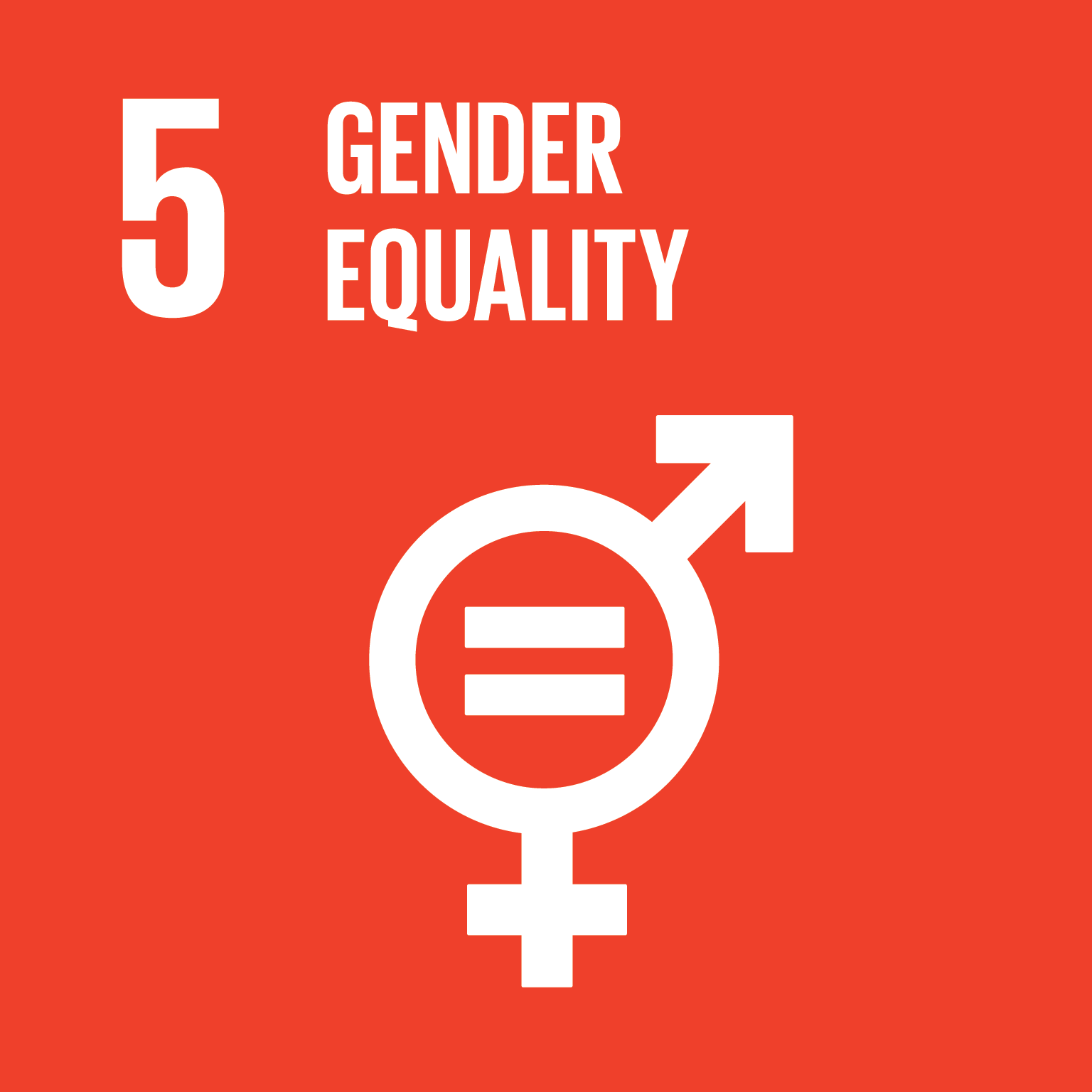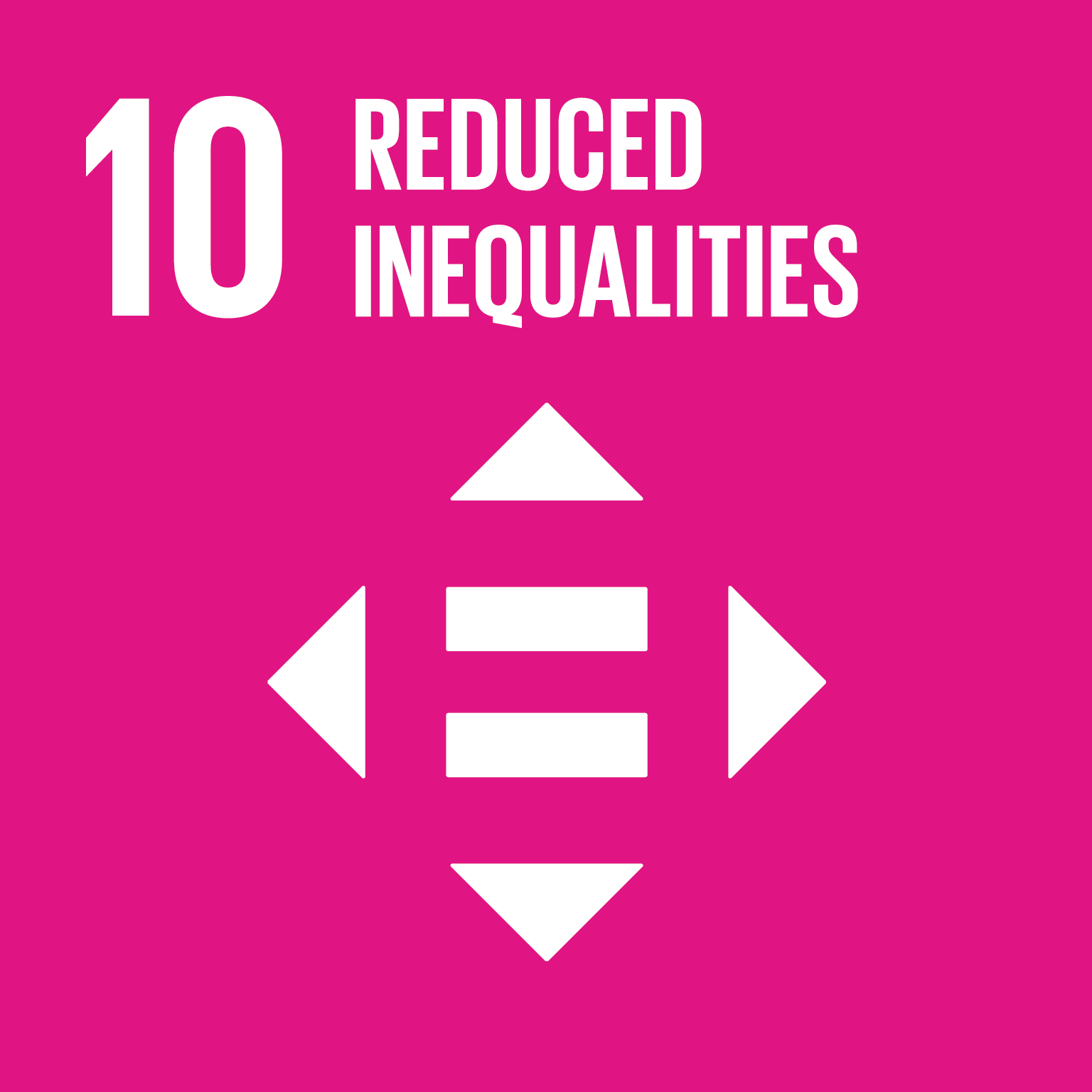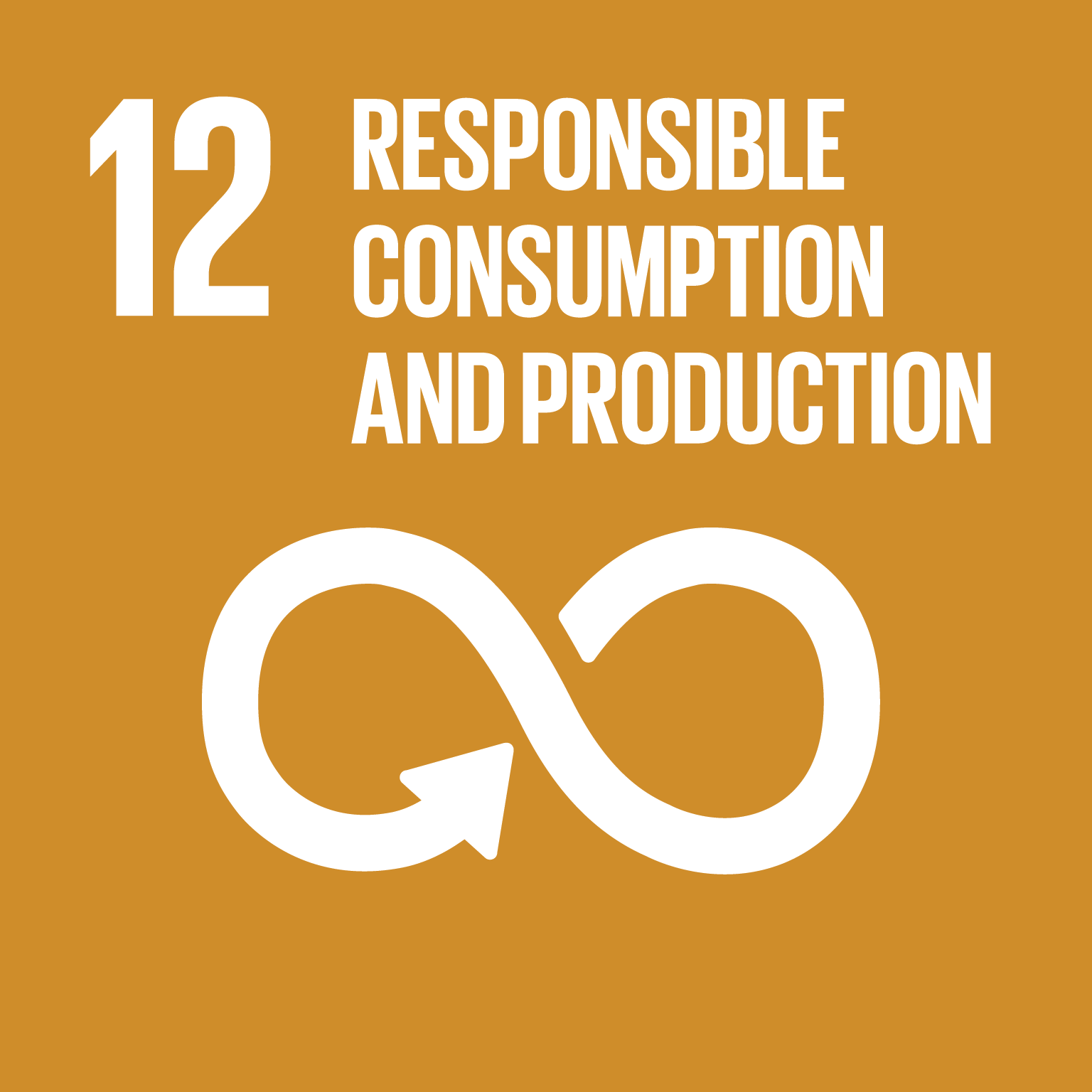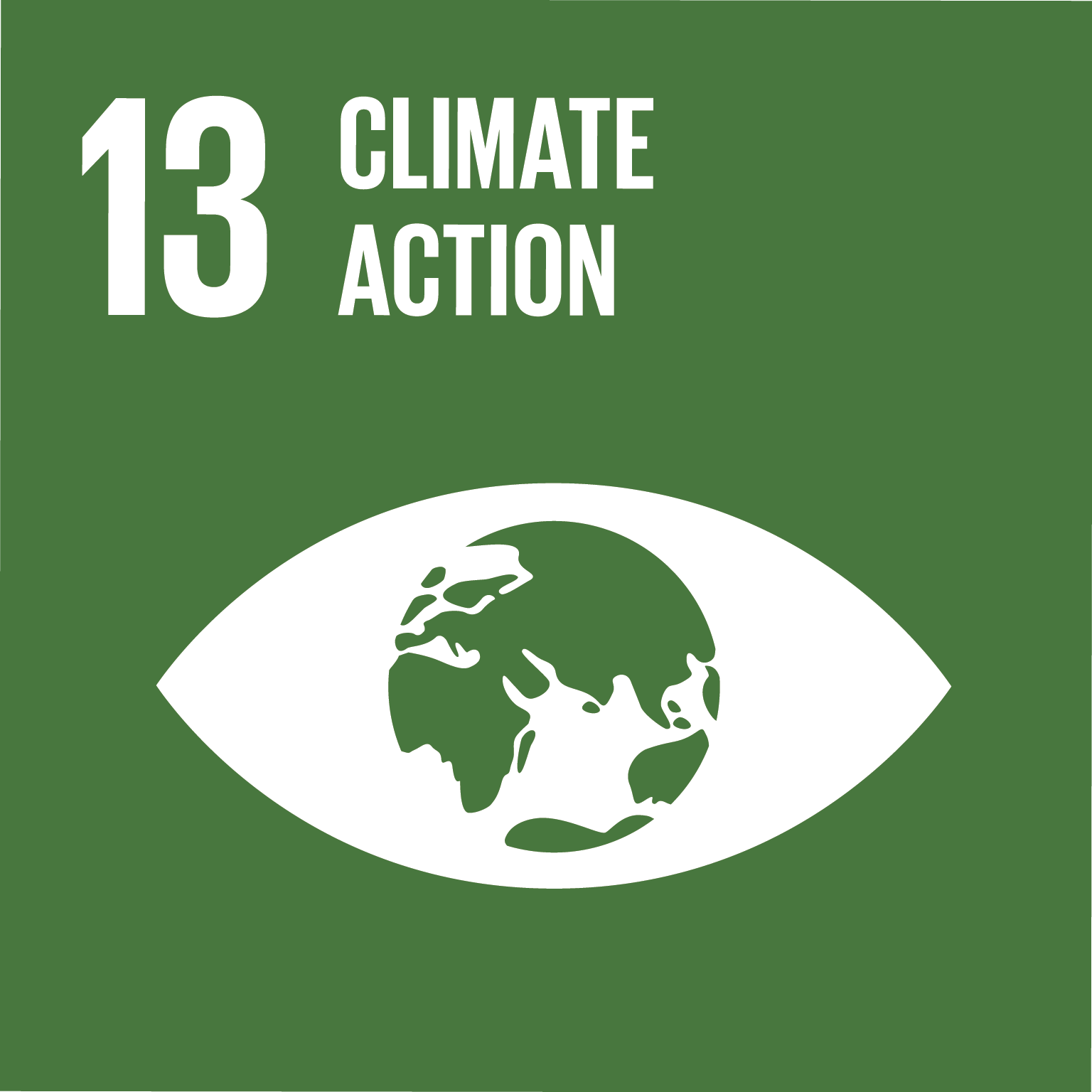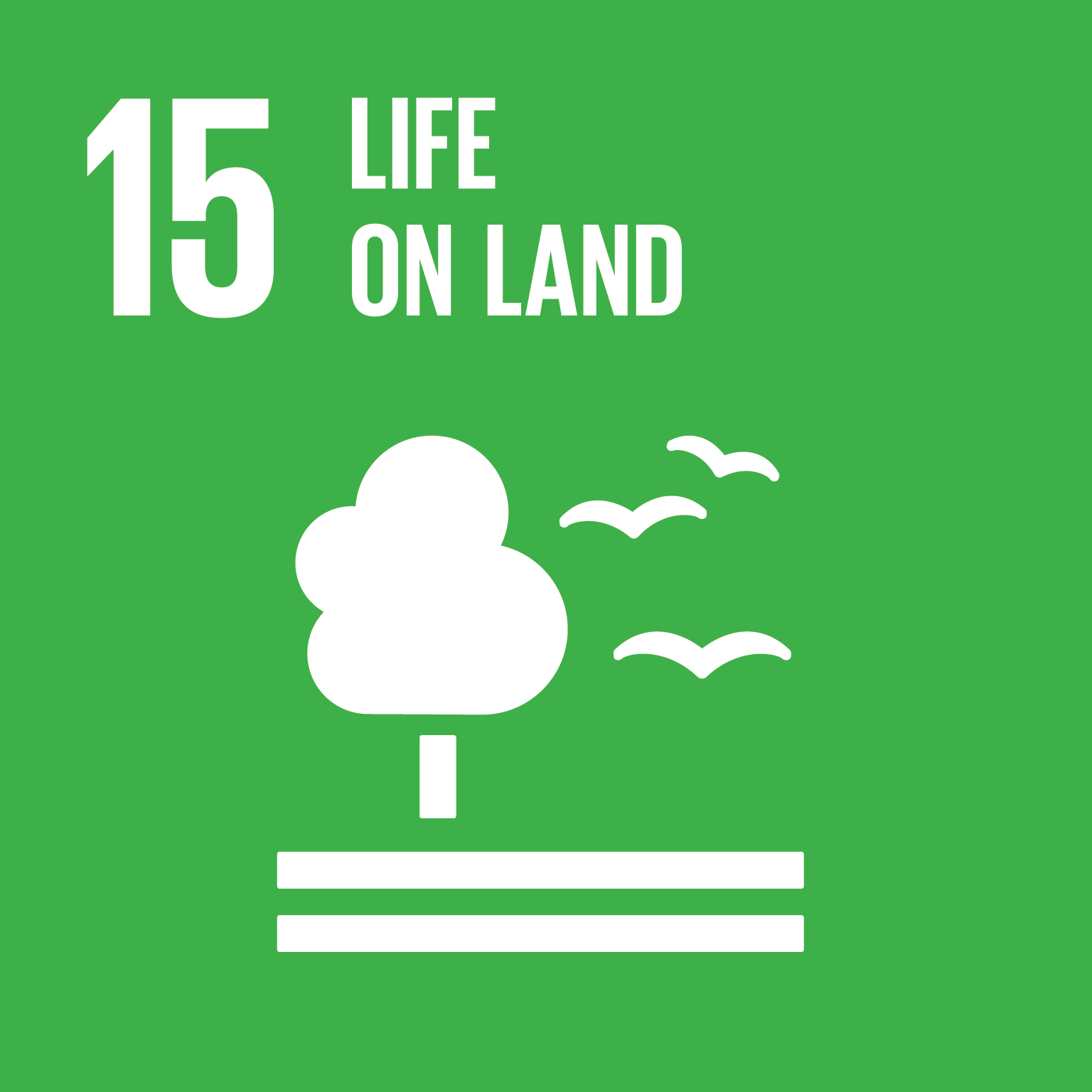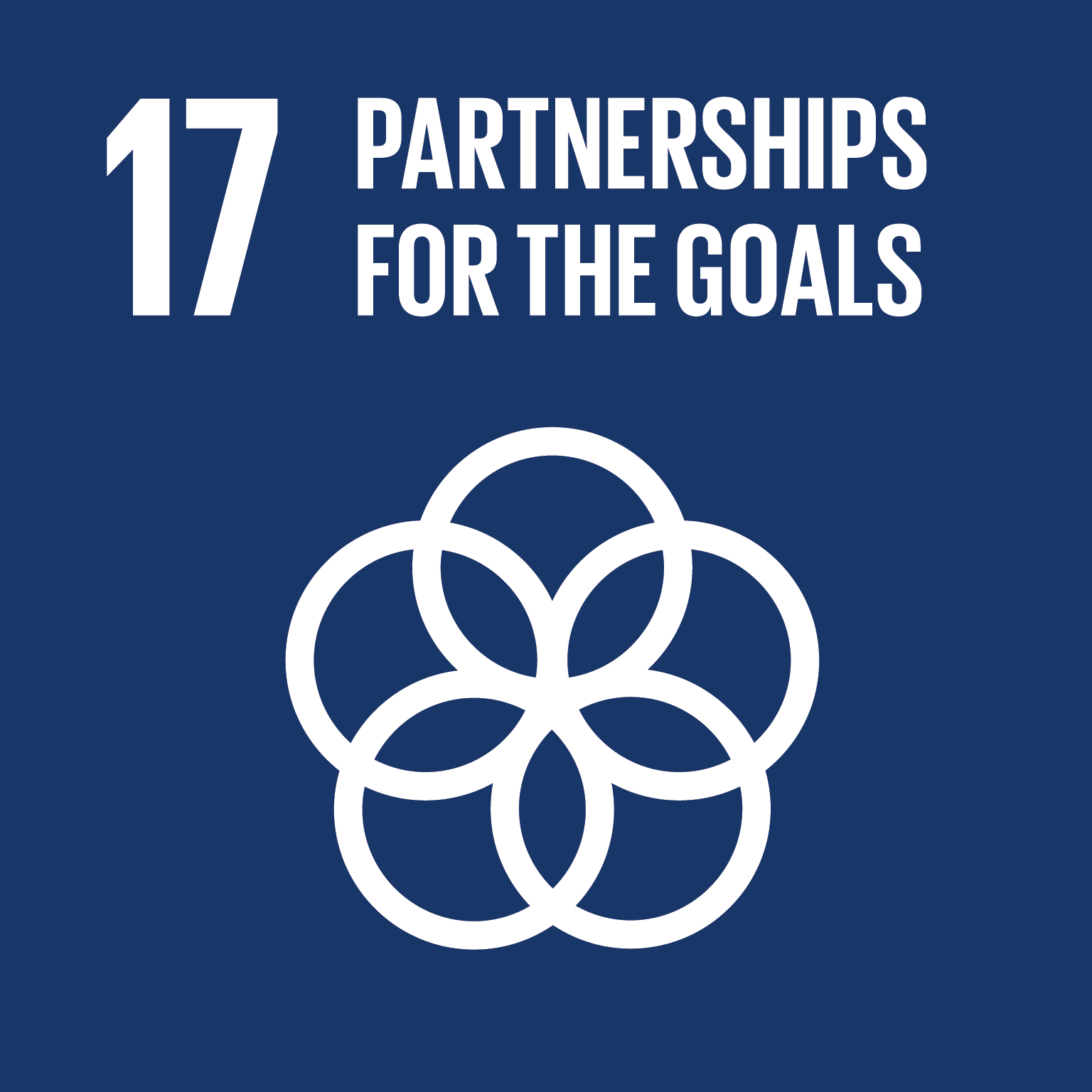Landcare, a grassroots community-led approach to sustainable land management, began in Australia in 1986.
The model has evolved within the Australian community to a fully-fledged national program that has enjoyed bipartisan support from Government. The passionate interests of individuals within the Australian Landcare movement has resulted in an informal and ad hoc spread of the Landcare approach globally.
Funded by the Australian Centre for International Agricultural Research (ACIAR) this project undertakes a study of the Landcare approach across six countries to determine how sustainable agricultural land management mobilised through Landcare contributes to development outcomes, including food security and poverty reduction; better management of natural resources and climate; gender equity and empowerment of women and girls and social cohesion.
Project timeline: 2013 - 2019
Key contributors: Mary Johnson and Clinton Muller (RMCG)
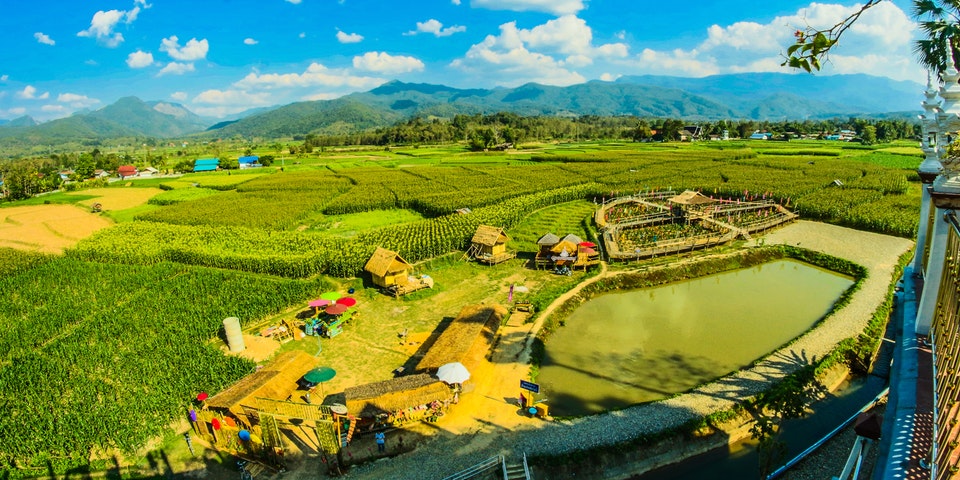
This project addresses the following Sustainable Development Goals and Targets:
2.3 By 2030, double the agricultural productivity and incomes of small-scale food producers, in particular women, indigenous peoples, family farmers, pastoralists and fishers, including through secure and equal access to land, other productive resources and inputs, knowledge, financial services, markets and opportunities for value addition and non-farm employment
2.4 By 2030, ensure sustainable food production systems and implement resilient agricultural practices that increase productivity and production, that help maintain ecosystems, that strengthen capacity for adaptation to climate change, extreme weather, drought, flooding and other disasters and that progressively improve land and soil quality
2.a Increase investment, including through enhanced international cooperation, in rural infrastructure, agricultural research and extension services, technology development and plant and livestock gene banks in order to enhance agricultural productive capacity in developing countries, in particular least developed countries
5.5 Ensure women’s full and effective participation and equal opportunities for leadership at all levels of decision making in political, economic and public life
10.1 By 2030, progressively achieve and sustain income growth of the bottom 40 percent of the population at a rate higher than the national average
12.2 By 2030, achieve the sustainable management and efficient use of natural resources
13.3 Improve education, awareness-raising and human and institutional capacity on climate change mitigation, adaptation, impact reduction and early warning
15.3 By 2030, combat desertification, restore degraded land and soil, including land affected by desertification, drought and floods, and strive to achieve a land degradation neutral world
17.7 Promote the development, transfer, dissemination and diffusion of environmentally sound technologies to developing countries on favourable terms, including on concessional and preferential terms, as mutually agreed
17.16 Enhance the Global Partnership for Sustainable Development, complemented by multi-stakeholder partnerships that mobilize and share knowledge, expertise, technology and financial resources, to support the achievement of the Sustainable Development Goals in all countries, in particular developing countries
17.17 Encourage and promote effective public, private and civil society partnerships, building on the experience and resourcing strategies of partnerships

Get in touch
For more information or to discuss partnership and collaboration opportunities, email us at SDGs@rmit.edu.au.
For more information about RMIT’s sustainability commitments and activities visit www.rmit.edu.au/sustainability
